Visitors to the Black Belt by Langston Hughes
Langston Hughes’ “Visitors to the Black Belt” is about the ignorant and privileged worldviews that the oppressive white upper-class perpetuates about Black people’s lives and culture.
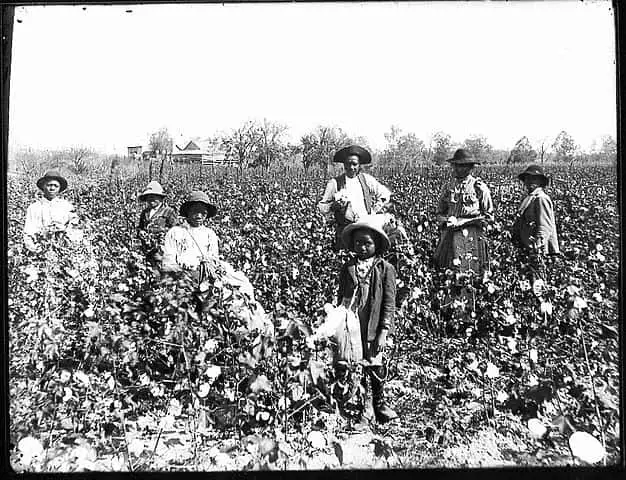
Langston Hughes’ “Visitors to the Black Belt” is about the ignorant and privileged worldviews that the oppressive white upper-class perpetuates about Black people’s lives and culture.
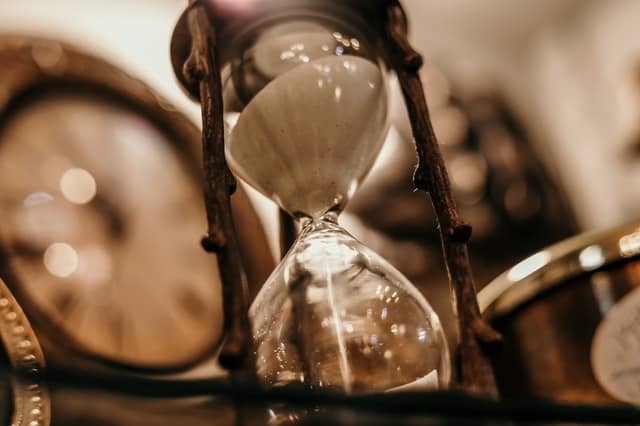
“I had no time to hate, because” by Emily Dickinson is about the speaker’s disillusionment of love and hate induced by life’s brevity.
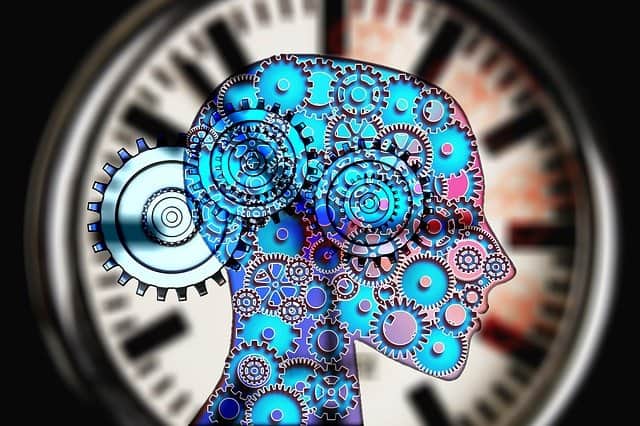
In “The Brain, within its Groove,” Emily Dickinson describes how the Brain runs smoothly when following a particular course of thought.
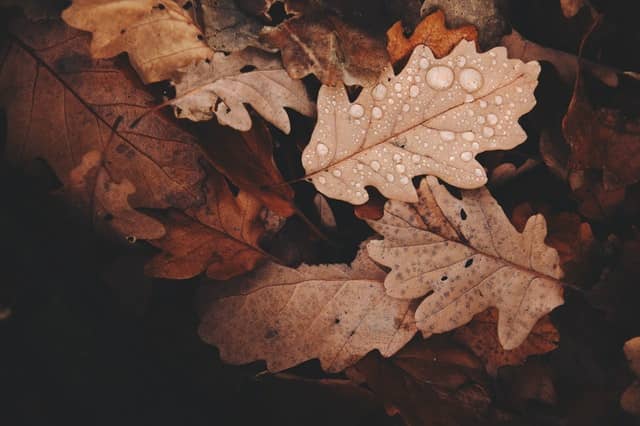
Emily Dickinson’s poem “If you were coming in the Fall” is about the pining of a speaker who would have waited for a long time if she could be reunited with her lover.
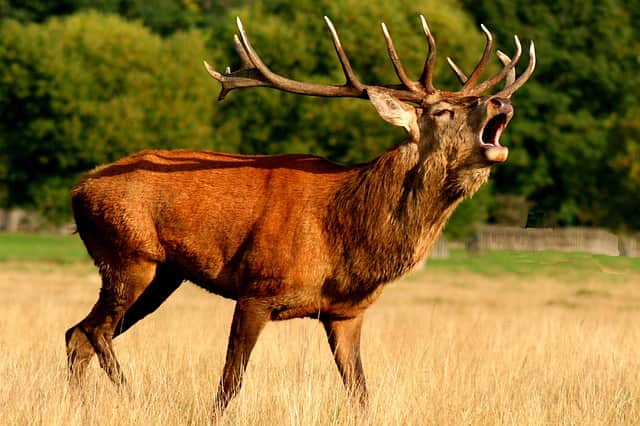
Emily Dickinson’s “A Wounded Deer – leaps highest –” is about full-spirited desperation in times of dire need, for instance, while dying.
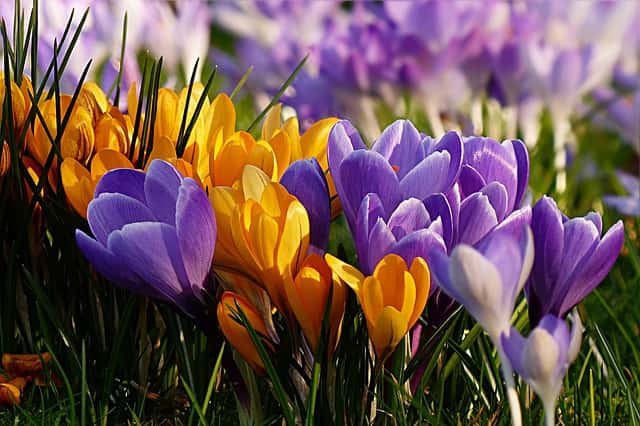
Edna St. Vincent Millay’s poem “Spring” is about the coming of April and how it makes people forget their harsh realities.

Edward Lowbury’s poem “The Huntsman” is about a hunter named Kagwa, who comes across a talking skull while hunting for a lion.
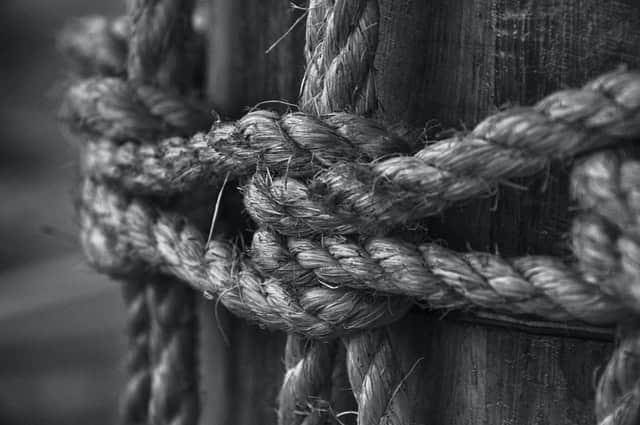
“Song for a Dark Girl” by Langston Hughes is a poem about the death of a young woman’s lover, who was lynched to death and hung up on a crossroads tree.
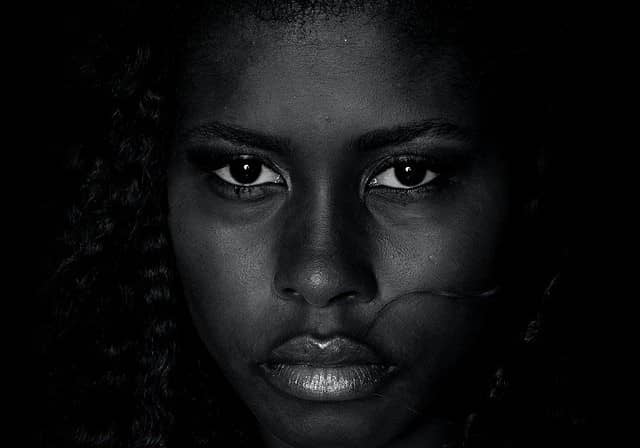
Gwendolyn Bennett’s “To a Dark Girl” is an open love letter to a dark girl who is discouraged by her past and thinks less of herself.
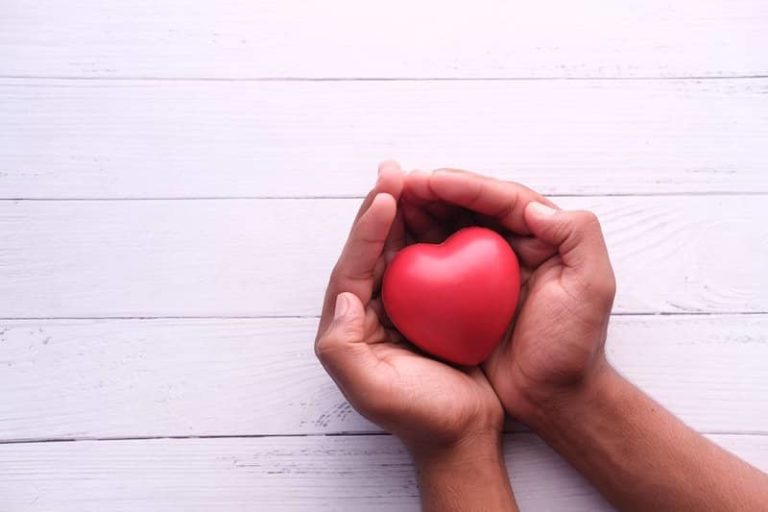
Dickinson’s “The Heart asks Pleasure—first—” is about the desires of an aching heart. It highlights what a person needs the most, down to the least.